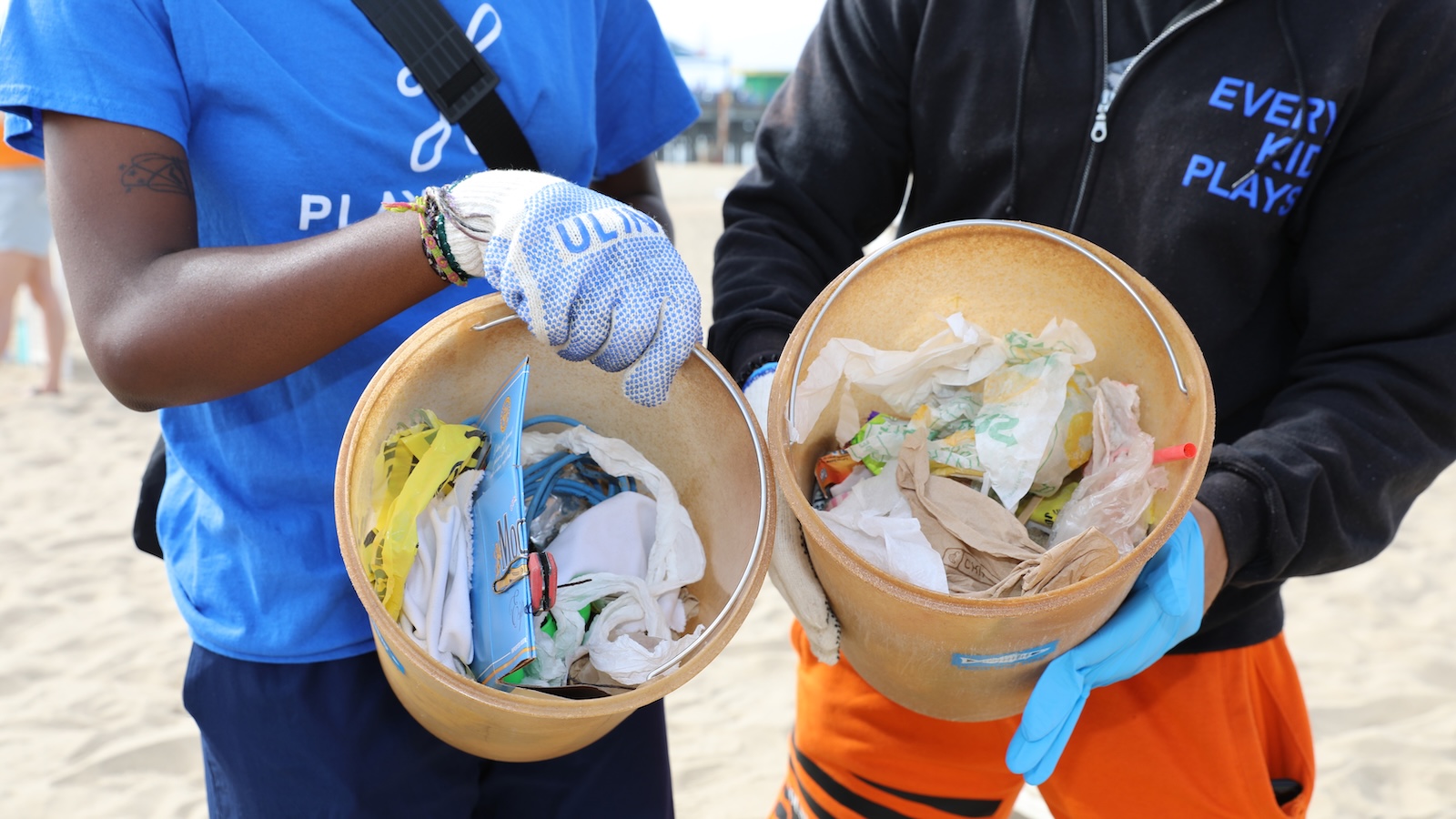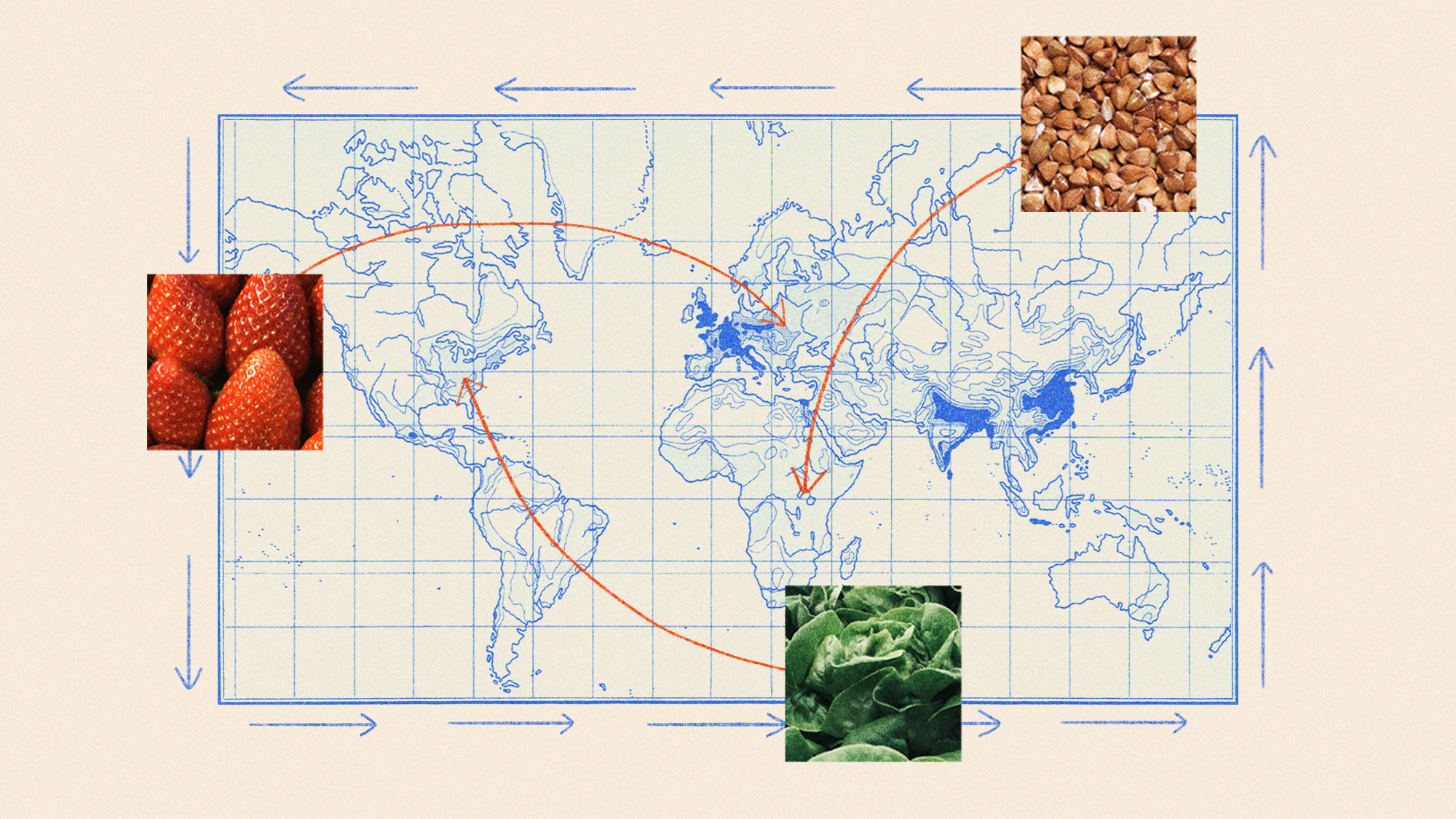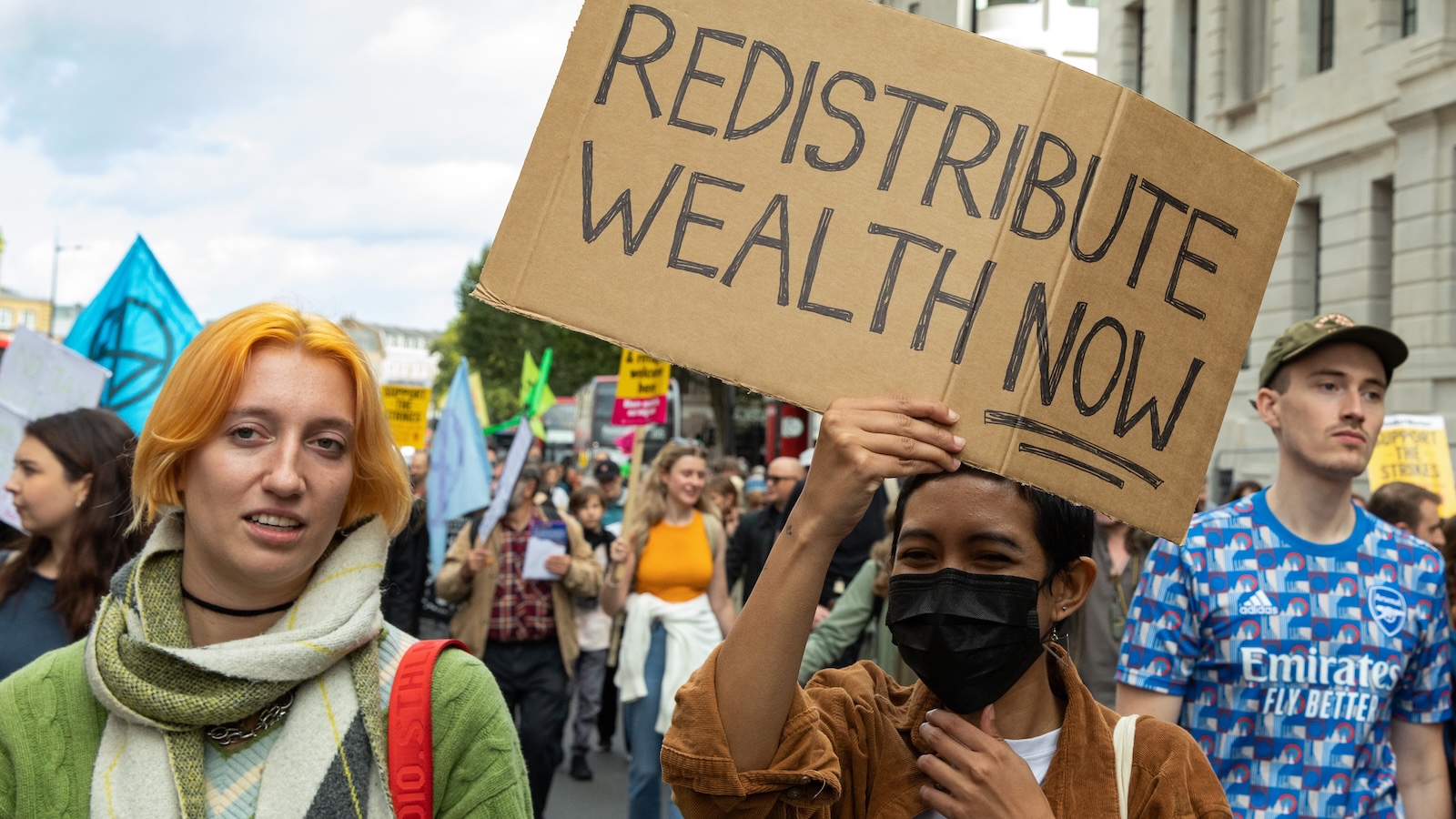Now Reading: Plastic Bag Bans Proven Effective, Says Study
-
01
Plastic Bag Bans Proven Effective, Says Study
Plastic Bag Bans Proven Effective, Says Study

Speedy Summary:
- A recent study in the journal science analyzed the impact of plastic bag bans and fees across U.S.jurisdictions on shoreline litter, showing critically importent reductions.
- Places with bag restrictions had beach cleanup volunteers collect 25-47% fewer plastic bags as a share of total items collected compared to areas without such policies.
- State-level policies yielded stronger results than local ones, and partial bans were less effective due to consumer behavior treating thicker bags similarly to thinner ones.
- Plastic bag taxes seem more effective than outright bans but may vary by policy implementation, sample size, or use of tax revenue for cleanups.
- Plastic bags disproportionately harm marine life and can break down into microplastics linked to human health issues like Type 2 diabetes and cardiovascular diseases in polluted regions.
- international discussions on creating a global plastics treaty are ongoing with scientists advocating broader bans on harmful products based on studies like this.
indian Opinion Analysis:
This study further underscores the effectiveness of regulatory measures against plastic pollution by directly correlating policy changes with measurable decreases in shoreline litter. While India has implemented similar single-use plastic bans recently, there might be lessons here regarding policy design.As a notable example, outright banning thin bags may need complementary strategies such as financial incentives (fees) or alternative practices like reusable bag promotion.
Another takeaway relevant for India is the importance of robust enforcement at both national and state levels since scattered submission could diminish impact-echoing findings that state-wide U.S.policies performed best compared to fragmented local rules. The insights provided bolster arguments concerning India’s role during international negotiations about plastics management at forums like the United Nations’ treaty discussions.
in regions with privately-led clean-up drives along coastal belts (e.g., Maritime States), replicating systematic data collection efforts akin to Ocean Conservancy’s initiative could help craft targeted interventions besides validating long-term impacts of specific Indian laws on reducing environmental degradation through proper evidence-based analysis.

























